You are here
Uncertainty and creativity: educating for the knowledge society
About the speaker
Daniel Innerarity
Professor of political and social philosophy at the University of the Basque Country
Introduction
The concept of what it means to be educated has evolved over time. At different points in history it has meant attaining perfection, mastering a harmonious body of knowledge or being critical. In today’s information society, it means being creative. However, this new society is fragile and destined to be plagued by ignorance and uncertainty.
1. What is the knowledge society? What are its defining characteristics?
• Wealth no longer refers solely to physical resources. Wealth is the ability to control knowledge. New forms of knowledge permeate social activities.
• The most highly valued form of knowledge has changed. Less importance is attached to cumulative, rules-based knowledge (that which follows a set of established rules that must simply be applied) and more to reflective knowledge with a critical spirit based on the creation of knowledge itself. It is not an empirical form of knowledge, but rather one that is produced by active learning processes, which generates learning expectations rather than rules.
• The number of actors who generate expert knowledge has grown. Knowledge used to be the purview of a privileged few people or institutions devoted to its creation (universities and science had a monopoly on knowledge). Today, mechanisms for reflection, research and innovation have been set up in all sectors/spheres of society.
• The knowledge we seek is not personal knowledge, but rather knowledge of processes. The goal is no longer for people to be intelligent, but rather for society to be intelligent, for technology to be intelligent. This intelligence is not the sum total of individual intelligence, but rather a form of intelligence that can only be achieved collectively (e.g., what’s the use in signing the next big star if your club can’t even master the rudiments of the game?)
• One of the most salient features of the knowledge society is that it is actually the ‘lack of knowledge’ society. Ignorance plays a key role. We never have all the information. We know more than a little, but never enough for the complexity of the endeavours we pursue. ‘We’ve got ourselves in a right old mess.’
• In this context of ignorance and uncertainty, there is no choice but to act.The lack of knowledge must be managed. We must act even when we lack vital information (e.g., as when politicians decide to close the airspace when faced with a cloud of volcanic ash from Iceland even though they do not really know whether such a cloud actually jeopardises air safety).
2. Paradoxes/disadvantages of the knowledge society
a) Our understanding of reality is not direct. Almost everything we know is something ‘we’ve heard.’ However, this fact allows us to know more than if we only knew things we had experienced ourselves. It is thus a positive development, although it also means that we are manipulated by knowledge that we have not acquired firsthand.
b) We are suffering from a process of infotoxication. The problem is not ignorance, but rather an excess of information that causes confusion. The enemy of intelligence is too much information. We are extremely informed, but poorly advised. We live in a world of junk information that must be weeded out from the good information.
c) We are docile users. We live in a society that is more intelligent than we are as individuals. We are surrounded by machines and experts that we must trust. We embrace everyday processes (such as how our cars or computers work) that only experts can control. The amount of knowledge that is consumed but not understood has grown. ‘Civilisation grows in keeping with the number of things that can be done blindly.’
3. What does it mean to be creative?
• Managing information. To know where to find knowledge, what knowledge is optional and what knowledge must be ignored. A creative person is one who can tell us what we do not need to know.
• Managing techniques that allow us to thrive despite the gaps in our knowledge. This is what must be taught: how to thrive without knowing everything.
• Being well educated means being prepared to obliterate information.
• Creativity is not based on cumulative learning, where, to solve a given problem, you must simply apply a given set of rules. Creative learning broadens the range of possibilities: it is reflective learning. It does not seek solutions, but rather aims to identify problems. This is crucial in the knowledge society.
• Creative learning takes place in an unstable environment in constant flux. Thus, one must be prepared for learning that destabilises, that contradicts that which has already been learnt and that triggers reflection and changes. Learning is not cumulative, it changes. Educating in this vein is tricky. Dogmatic teaching is much easier.
• True creative learning takes advantage of deception. Human beings have a strong tendency to engage in self-reinforcing activities (combing reality for confirmation of their own beliefs). However, what is actually required is to ‘know thine enemy’ and to seek out what we are missing. In other words, we must react by modifying not reality, but our own expectations.
Discover
other ideas
-

The State of Education in Catalonia. Priorities an...
Ferran Ferrer, Ramon Farré, Ramon Plandiura
2010 -

The Influence of Origin and Destination Countries...
Jaap Dronkers
2010 -

Decline of Schools and Conflicts of Principles
François Dubet
2010


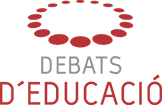
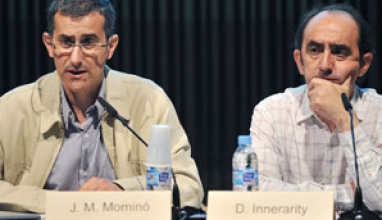
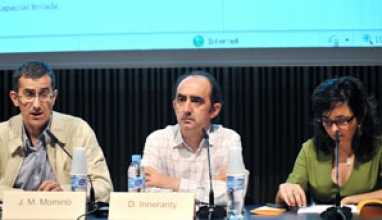
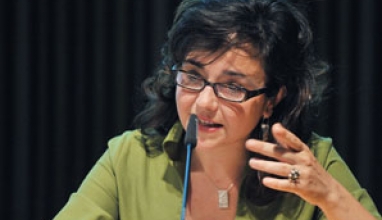
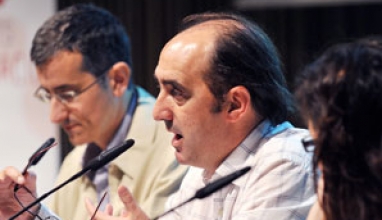
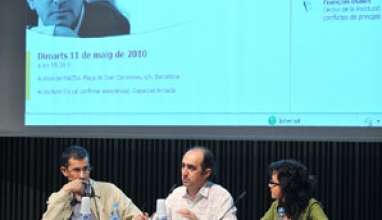
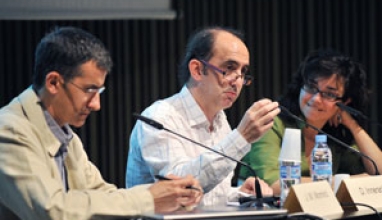
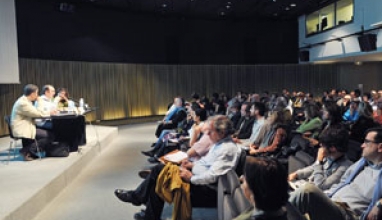
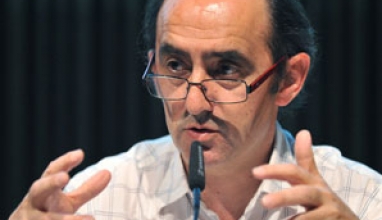
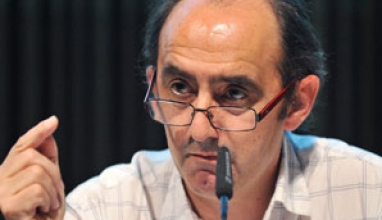
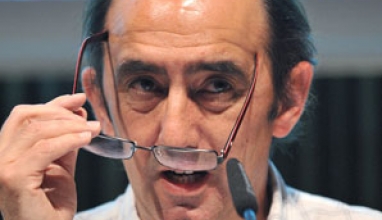
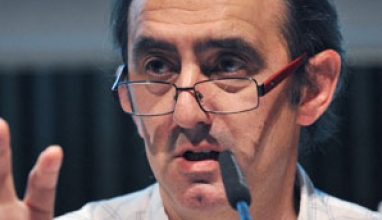
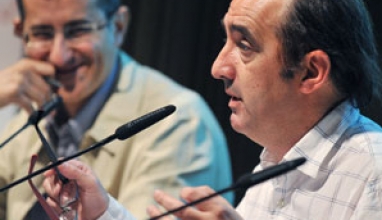
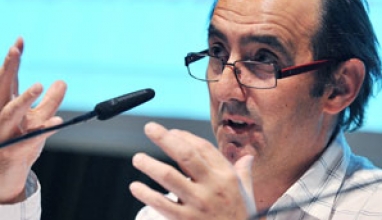
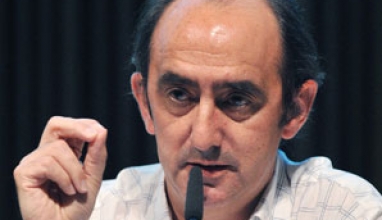
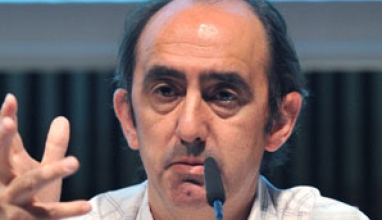
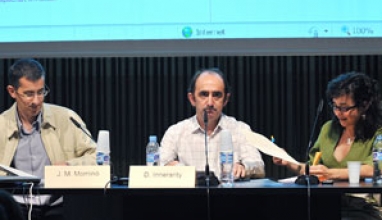
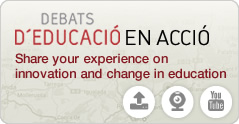
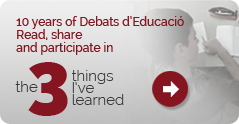

 The texts published on this website are, unless otherwise indicated, covered by the Creative Commons Spain Attribution - Non Commercial - No Derivs 3.0 licence. You may copy, distribute and transmit the work, provided you attribute it (authorship, journal name, publisher) in the manner specified by the author(s) or licensor(s). You may not use the material for commercial purposes. You may not transmit any derivative work from this material. The full text of the licence can be consulted here:
The texts published on this website are, unless otherwise indicated, covered by the Creative Commons Spain Attribution - Non Commercial - No Derivs 3.0 licence. You may copy, distribute and transmit the work, provided you attribute it (authorship, journal name, publisher) in the manner specified by the author(s) or licensor(s). You may not use the material for commercial purposes. You may not transmit any derivative work from this material. The full text of the licence can be consulted here: